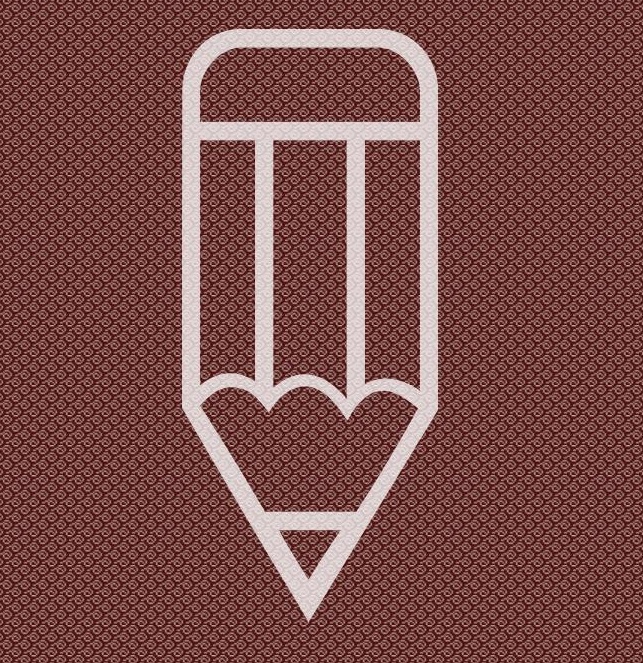Reference guide

APC uses an adapted version of the American Psychological Association (APA) style of referencing. The key difference is APC's use of footnotes rather than in-text citation of author and date. We take into consideration the impracticality of scrolling backwards and forwards to the bibliography. Footnotes are better suited to documents that are likely to be read on a digital device. Please take into account the following recommendations when writing and editing for APC.
APC guide to reference listing
Please note that the superscript number used to indicate the placement of a footnote comes after any punctuation marks, including commas, full stops and quotation marks: In 2014 the group launched a new website.3 “We have also launched a new website,”3 she added.
The only exception is when the punctuation mark is a dash: The new website3 – launched in 2014 – provides a wide range of resources.
The format for the footnote is the same format used for a reference list in APA style, with a few minor modifications, which means you can use free online tools like www.bibme.org/apa-bibliography to make referencing faster and simpler.
However, since all the necessary information is provided in the footnotes, there is no need to compile a separate list of references.
Special notes on URLs
URLs (links) should be hyperlinked and the http:// and https:// notation should be removed. If a link is available with a secure connection (https), always use that as the target of the hyperlink (e.g. www.apc.org). In the case of print publications, where hyperlinking is not possible, please always remove http:// but leave https:// so that readers are aware that a secure connection to the link is possible.
URL links should also not contain tracking tokens, which are often present if the URL has been copied from an online dissemination platform like Twitter or ShareThis! As an example, extraneous tracking information in the URL sometimes follows “html” and often begin with “?utm_”. Delete it and then test to make sure the URL still works without it.
Guidelines and examples by reference type
Books and reports
Author, A. (year). Title of Work. Location: Publisher. URL (if the publication is available online)
Gurumurthy, A. (2004). Gender and ICTs: Overview Report. Brighton: BRIDGE. www.bridge.ids.ac.uk/go/bridge-publications/cutting-edge-packs/gender-and-icts/gender-and-icts&id=52909&type=Document&langid=1
WomenAid Collective. (2008). CEDAW and Accountability to Gender Equality in Nigeria: A Shadow Report. Enugu: WACOL.
More than one author
Fascendini, F., & Fialová, K. (2011). Voices from Digital Spaces: Technology-related violence against women. Johannesburg: APC WNSP. www.genderit.org/node/3539
Chapter in a book
Author, A. (Year of publication). Title of chapter. In A. Editor (Ed.), Title of book. Location: Publisher. URL
Moawad, N. (2013). Dot feminist resistance: Online disobedience, sabotage and militancy. In A. Finlay (Ed.), Global Information Society Watch 2013. johannesburg: APC and Hivos. www.giswatch.org/en/womens-rights-gender/dot-feminist-resistance-online-disobedience-sabotage-and-militancy
Government documents
Department/Agency. (year). Title. URL or Location: Publisher. Department of Communications. (2013). South Africa Connect: National Broadband Policy. www.doc.gov.za/documents-publications/broadband.html
Journal article
Author, A. (Year). Title of article. Title of Periodical, volume number(issue number), pages (if available). URL (if online)
Coleman, S. (2005). The lonely citizen: Indirect representation in an age of networks. Political Communication, 22(2), 197-214.
Salas, M. (2010). Internet, power and politics: Gender and ICTs in the movement against CAFTA. The Journal of Community Informatics, 6(1). ci-journal.net/index.php/ciej/article/view/530/468
Newspaper article
Author, A. (Year, date month published). Article title. Newspaper Title. URL
Chemaly, S., Friedman, J., & Bates, L. (2013, 21 May). An Open Letter to Facebook. Huffington Post. www.huffingtonpost.com/soraya-chemaly/an-open-letter-to-faceboo_1_b_3307394.html
Presentation, paper, etc.
Author, A. (Year). Title of paper. Description. URL
Defensor-Santiago, M. (2010). The praxis of gender justice in the Philippines: Implications for lawmaking. Paper presented at the Parliamentarians for Global Action (PGA) Panel on Gender Justice and Women’s Rights, Istanbul, Turkey, 24 October. miriam.com.ph/newsblog/?p=489
Blog post
Author, A. (Year, date month published). Article title. Name of Blog. URL Milstein, S. (2013, 24 March). I have a few things to say about Adria. Dogs and Shoes. www.dogsandshoes.com/2013/03/adria.html
Web page
If you are citing information about an organisation, programme, campaign, etc. from a website, you can simply provide the URL.
www.takebackthetech.net/page/about-campaign
Online video (YouTube, Vimeo, etc.)
If the video is mentioned in the text, simply provide the URL.
Personal communication (interview, email, etc.)
Brief description, Date.
Interview with APC Executive Director Anriette Esterhuysen, 21 March 2014.
If the same reference is cited more than once...
If the reference is the same as the one cited right before it: Ibid.
If the reference is the same as one cited earlier: Author, A. (Year or Year, date month). Op. cit.